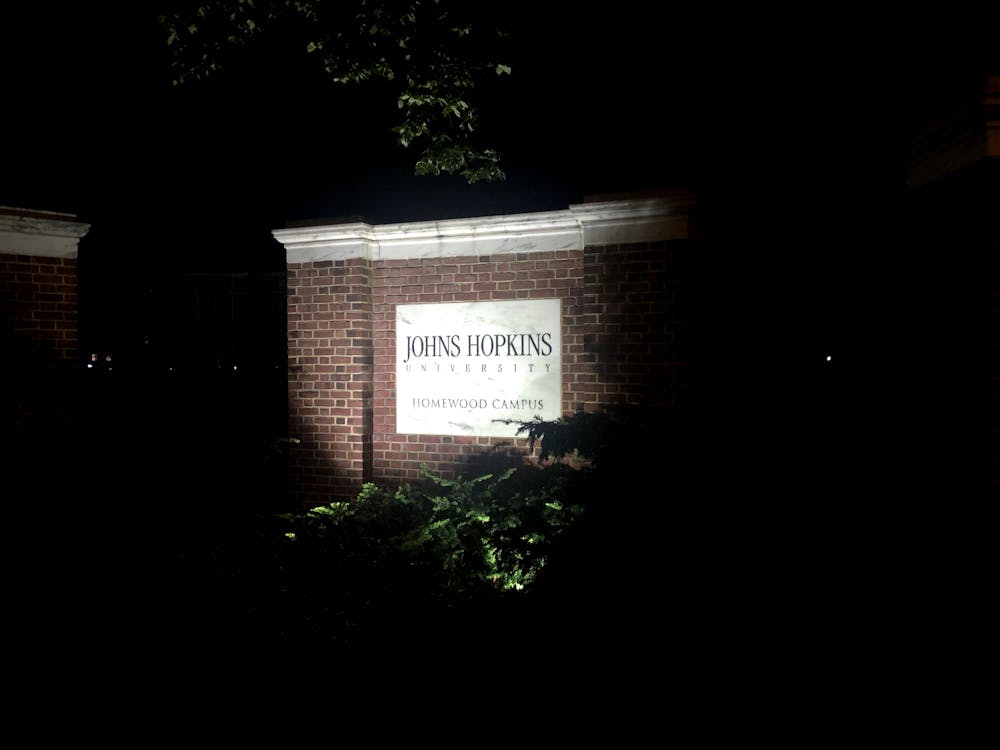With the prospect of starting college from a completely online platform, many incoming college freshmen , both across the U.S. and internationally, have chosen to defer their admissions for a semester or year.
While the traditional gap year experience — traveling, working or volunteering — may be out of reach given the restrictions of the pandemic, many students have still found ways to use the time to their advantage. The News-Letter spoke with several admitted first-year students who have chosen to postpone their matriculation to University.
Admitted student Thành Đoàn shared that he wished to be involved with hands-on research, which would not be possible had he had enrolled in classes.
“I’m very big on research, especially at Hopkins, and I know that offline research is much better. Especially in the field that I am interested in,” Đoàn said.
Another incoming student, Eileen Stiles, noted similar concerns regarding the effectiveness of online research.
“Many opportunities went online, but I don’t really have the skillset to do virtual research,“ they said. “With the pandemic, likely a lot of research will become virtual in the future, so it is becoming more important to have those skills.”
Harsh Mathur, an admitted student planning to major in mechanical engineering, was unsure if his hands-on coursework could even work effectively on a virtual platform.
“The decision [to take a gap year] was influenced by Hopkins going online,“ Mathur said. “I thought I would do much better in person, because frankly my courses are very hands-on.”
Given the lack of on-campus resources, Stiles stated that the tuition to attend the University seemed exorbitant.
“When the pandemic started, I talked to my parents a lot about what I should do,“ they said. “One big concern for them was that, financially, paying roughly the same amount for an online education as they would for an in-person education didn’t sit right with them.”
In fact, many students who spoke with The News-Letter were finding ways to seek a meaningful experience for their gap year with fewer costs.
While at home in Bangalore, India, Mathur discovered a way to sell customized advertising and web design to “dropshipping” manufacturing companies looking to sell directly to consumers through targeted social media ads.
Stiles chose to audit courses in various computer programming languages in hopes that they will gain a better understanding of how to conduct effective online research in biomedical engineering.
Đoàn, based in Ho Chi Minh City, Vietnam, has been tutoring disadvantaged children, creating a nonprofit to spread medical knowledge through Instagram and backpacking through Vietnam with another would-be Hopkins student who chose to defer for the semester.
In an email to The News-Letter, Danielle Bernard, the communications and marketing director at the Office of Undergraduate Admissions, stated that most admitted students matriculated to enroll despite an entirely virtual first semester.
“While we saw a slight increase in the number of deferral requests, the vast majority of admitted students are taking advantage of the virtual learning opportunities and community the university has set up,” she wrote.
Students who decided to take a gap year were assigned gap year coordinators and were able to participate in orientation programming and the virtual Student Involvement Fair. They were also given a JHED ID.
Bernard noted that most students notified the University of their decision to take a gap year prior to the announcement of an online-only fall semester in early August.
“While we did see a small uptick in the weeks after the announcement, the vast majority of deferral requests were submitted by the early summer,” she said.
As such, Bernard noted that the Office of Undergraduate Admissions is not anticipating any major changes to acceptance rates for the upcoming admissions cycle.
Mathur stated that he supported the University’s decision to not hold in-person classes.
“Right now, I know that others might not think about it from this angle, but the world has its eyes on Johns Hopkins,“ he said. “CNN gets its info from JHU — if there’s one minor glitch that infects the students, it’s something that the University has to take responsibility for.”





